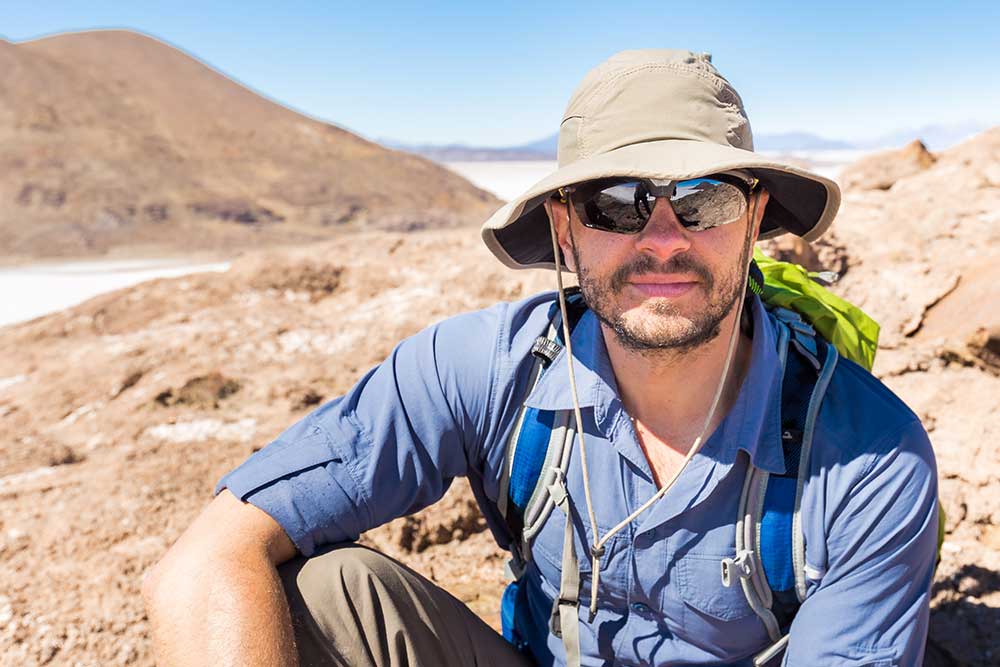All Categories
Featured
Table of Contents
Geophysical Methods in Beldon WA 2020
This work is increasingly contracted out, so consultancies offer another source of work. Consultancy firms vary in size, from very small business to large multinationals. Some consultancies are quite specialised in using specific geophysical techniques or operating in specific locations, while others use a more diverse variety of services to their customers.
The extraction of gas from land fill sites is another area of employment and this may grow in the future. Expedition companies may undertake work for building firms, public utility, mining business and ecological companies, so geophysicists may be used in any of these settings. Other employers include: geological surveysgovernment bodies and agenciesuniversities and research study institutes.


Jobs might be noted in the oil and gas sector press. Recruitment is affected by oil cost changes and the level of competition for positions varies depending on this. Professions Days, which cover the complete series of geoscience professions and are generally attended by a variety of essential industry companies, are run by The Geological Society.
Airborne Geophysical Surveys in Hovea WA 2022
Some of the big oil and gas companies offer a complete two-year structured training programme across the breadth of geophysics, consisting of the chance to experience work in various groups prior to specialising in one area. Your training might consist of deal with: existing wellsmagnetic and gravitational potential field information analysisresearchrock analysis. It's more usual for your preliminary training to be offered on the job.

There may be a probationary period throughout which you work alongside a skilled associate. Competency-based appraisals take location regularly in most companies. In smaller firms, and for academic posts, there is unlikely to be any formal training - you'll be expected to begin work straightaway and select up skills as you go along.
If you work for a smaller sized business, you might find that you need to take responsibility for setting up and funding your own advancement and training. If you have a geology degree, subscription of The Geological Society can be helpful for networking and for maintaining to date with the market.
Surveys In Geophysics in Piesse Brook Oz 2021
You might also find it useful to join the PESGB (The Petroleum Exploration Society of Great Britain, which has a geophysics unique interest group. After a probationary duration, and once you've acquired some experience, you might advance to senior geophysicist, then group leader and after that into a senior function in management.
The ease of movement between roles depends on the business structure. Research study at Masters or Ph, D level in a subject related to geophysics or geosciences may help with your career development and progression. The work market within the oil and gas industry is extremely based on rate and this might affect your opportunities for profession progression.
Not all tasks are reliant on the oil and gas markets. For knowledgeable geophysicists, freelance consultancy offers a good route for profession development. You can likewise specialise in a specific location of geophysics. As a geophysicist, you're likely to have a number of jobs throughout your working life. International movement is important for handling peaks and troughs in various nations at different times.
Geophysicist, Exploration - Job Descriptions in Girrawheen WA 2021
From geophysics, it's possible to concentrate on seismology (finishing further training to become a seismic interpreter) or to move into related locations such as engineering geology or risk forecast.
Choosing what to study in college is a difficult choice. Even if you understand that your field of interest lies in science, what program of research study is right for you?
The very first action to accomplishing your goal of becoming a geophysicist is making a degree. Even for entry-level positions in the field of geoscience, you'll need a bachelor's degree (a geophysicist college degree) from a certified college or university. Geophysicists should be able to: analyze rocks, photos, and other pieces of information conduct research study both in the field and in laboratories create maps and charts of their findings compose reports To accomplish all this, trainees need a specialized education for geophysicist professions.
As mentioned above, you'll need a bachelor's degree in geoscience or a related discipline, such as a physical science or a life sciences, to land an entry-level job. Trainees can also prepare by majoring in subjects like: Biology Chemistry Computer science Engineering Mathematics Physics The above geophysicist majors offer a more generalized method to a single clinical discipline, but most programs need trainees to take one or more geology course.
Latest Posts
Geophysical Survey Definition in Bayswater Oz 2023
Geophysical Surveys: Definition & Methods in Ardross Australia 2020
What Is Geophysics And What Do Geophysicists Do? in Maddington WA 2023